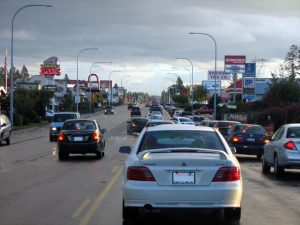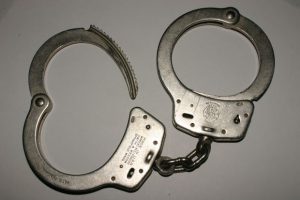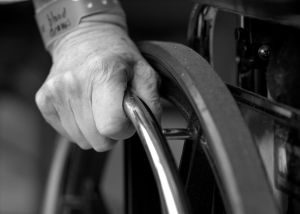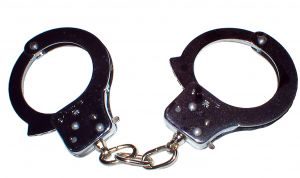In the 1980s and into the 1990s, many states adopted severe drug sentencing policies that resulted in packed prisons across the nation. Corrections costs were driven to near bankruptcy and communities, families and individuals’ lives were torn apart – all for drug offenses that were often non-violent and usually related to a cycle of relentless addiction. 
As states have begun moving away from these types of policies, including minimum mandatory sentencing, it may also be time to explore whether the forms of punishment meted out are truly necessary and effective. One of those is the driver’s license suspension. Usually, people would loose their driver’s license for a period of time if they were arrested or convicted of an offense like drunk driving or reckless driving. However, they would usually have it returned after a certain time frame and completion of various requirements, such as paying fines and completing driver’s education classes. This ability to regain one’s license is important because in our modern society, one needs to have the ability to get to work, provide for their families and address their medical needs. The thinking goes we should only revoke the privilege when the individual has proven a threat to others on the road. But this kind of reasonable consideration was tossed aside when the War on Drugs came along.
Drug offenders started being denied all kinds of public services, and in the 1990s, Congress threatened to slash federal highway funds to states that didn’t revoke licenses of people convicted of drug offenses. So of course, some did, though a fair number also opted out when they learned how harmful these suspensions were and also how much it cost to oversee the process. Continue reading
 Fort Lauderdale Criminal Attorney Blog
Fort Lauderdale Criminal Attorney Blog











